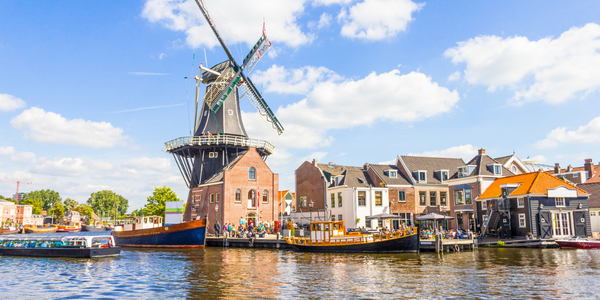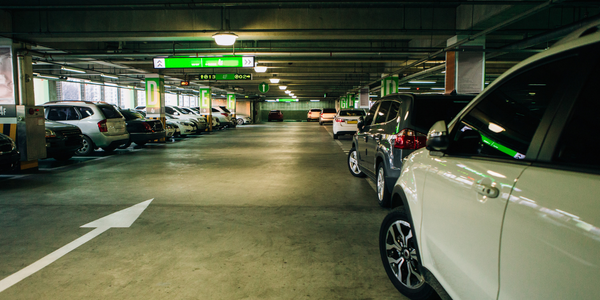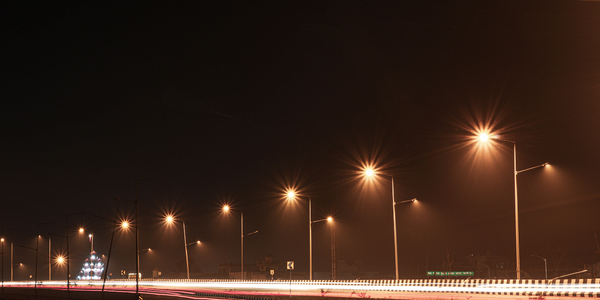Customer Company Size
SME
Region
- America
Country
- United States
Product
- BeyondTrust Privileged Remote Access
- BeyondTrust Remote Support
- BeyondTrust Password Safe
Tech Stack
- VPN
- VNC
Implementation Scale
- Enterprise-wide Deployment
Impact Metrics
- Cost Savings
- Productivity Improvements
- Customer Satisfaction
Technology Category
- Cybersecurity & Privacy - Network Security
Applicable Industries
- Cities & Municipalities
Use Cases
- Cybersecurity
Services
- System Integration
- Training
About The Customer
The City of Midlothian, Texas, is a growing and increasingly connected city located just 25 miles south of Dallas. The city has grown from 18,037 residents in 2010 to 35,125 residents in 2020. The city's IT department manages many IT systems across public safety and government, including water treatment, public works, fire, police, EMS, 911 dispatch, administration, building inspections, and city planning, among others. The systems are interconnected on a large municipal network, with each department needing to communicate with others. The network hosts around 375 regular users and about 350 desktops and laptops, along with many other devices, including video cameras, door security devices, physical gates, phones, SCADA systems for water monitoring, and even irrigation control systems.
The Challenge
The City of Midlothian, Texas, was facing a challenge with its IT environment. The more secure it became, the less usable it was. Open access left sensitive networks vulnerable to attacks and increased the risk of a data breach. The city had to choose between more security or better availability, often sacrificing one for the other. Before 2018, granting access to third-party vendors and remote workers was a hands-on chore that required multiple touchpoints and tons of cleanup. The city used a VPN client from their firewall provider to set up accounts for vendors and third-party users. They would download and run the software client, input their credentials, and gain full access to the network. However, there were no actual security controls in that tunnel. The only way to keep people from logging in whenever they wanted was to disable the account, which also meant the IT team had to reactivate the account as needed.
The Solution
The City of Midlothian found a solution to its security and usability concerns in BeyondTrust's products. BeyondTrust Privileged Remote Access had the potential to solve many of the city's accessibility problems immediately. The city also opted for BeyondTrust Remote Support for internal use, which allows technicians to jump into employees' computers to help troubleshoot. BeyondTrust Password Safe offers a solution to the city's issues with tracking multiple passwords and ensuring everyone was up to date on password changes. Password Safe can auto-inject credentials when remoting into a server, rather than having those credentials written down somewhere or saved in a password file or shared location. The city can now automate that with Password Safe, integrate it with Remote Support and Privileged Access, and make it easier for staff to get in under common logins.
Operational Impact
Quantitative Benefit

Case Study missing?
Start adding your own!
Register with your work email and create a new case study profile for your business.
Related Case Studies.

Case Study
Turning A Stadium Into A Smart Building
Honeywell created what it called the “intelligent system” for the National Stadium in Beijing, China, turning the venue for the opening and closing events at the 2008 Summer Olympics into a “smart building.” Designed by highly controversial artist Ai Weiwei, the “Bird’s Nest” remains one of the most impressive feats of stadium architecture in the world. The 250,000 square meter structure housed more than 100,000 athletes and spectators at a time. To accommodate such capacity, China turned to Honeywell’s EBI Integrated Building Management System to create an integrated “intelligent system” for improved building security, safety and energy efficiency.
.png)
Case Study
Smart Street Light Network (Copenhagen)
Key stakeholders are taking a comprehensive approach to rethinking smart city innovation. City leaders have collaborated through partnerships involving government, research institutions and solution providers. The Copenhagen Solutions Lab is one of the leading organizations at the forefront of this movement. By bringing together manufacturers with municipal buyers, the Copenhagen Solutions Lab has catalyzed the development and deployment of next-generation smart city innovations. Copenhagen is leveraging this unique approach to accelerate the implementation of smart city solutions. One of the primary focus areas is LED street lighting.

Case Study
Buoy Status Monitoring with LoRa
The Netherlands are well-known for their inland waterways, canals, sluices and of course port activities. The Dutch Ministry of Infrastructure indicates that there are thousands of buoys and fixed items in and near water environments that would profit from IoT monitoring. One of the problems with buoys for example, is that they get hit by ships and the anchor cable breaks. Without connectivity, it takes quite some time to find out that something has happened with that buoy. Not to mention the costs of renting a boat to go to the buoy to fix it. Another important issue, is that there is no real-time monitoring of the buoys at this moment. Only by physically visiting the object on the water, one gains insight in its status.

Case Study
Barcelona Case Study
Barcelona’s heavy traffic and its associated high levels of pollution were the primary factors that motivated some companies and universities to work on strategies for improving traffic in the city centre. Bitcarrier is one of the technologies involved in the In4Mo Project, whose main objective is to develop the applications that form the core of smart mobility, one of the fundamental pillars of the smart city concept.

Case Study
China Mobile Smart Parking
Smart Parking, powered by NB-IoT technology, is making it easier for drivers to find free parking spots. Cities can better manage their parking assets and maximize the revenue available to them as a result. Drivers searching for parking create congestion and pollution by circling and hunting for available parking. Smart Parking services are able to significantly ease these problems by guiding a driver directly to a parking space.








